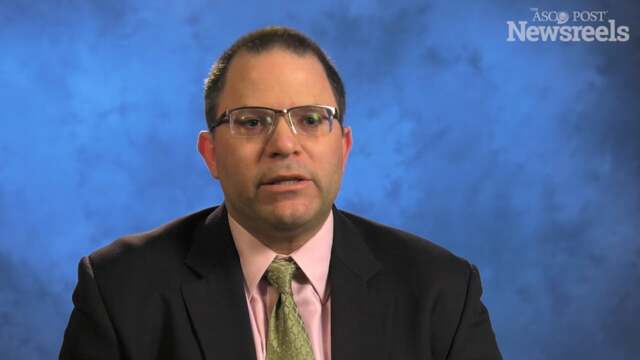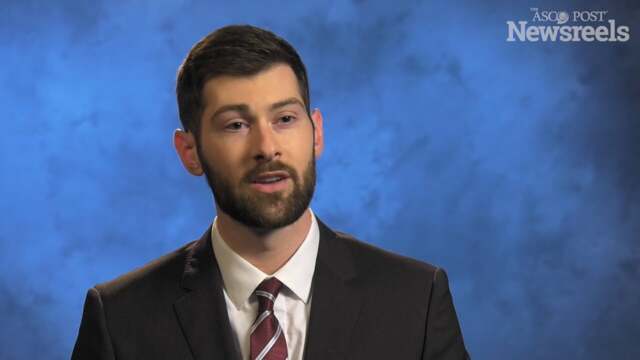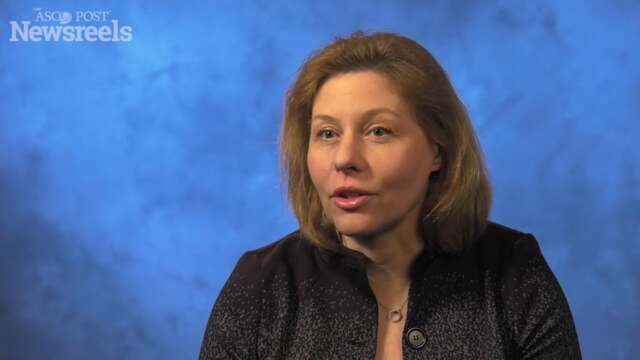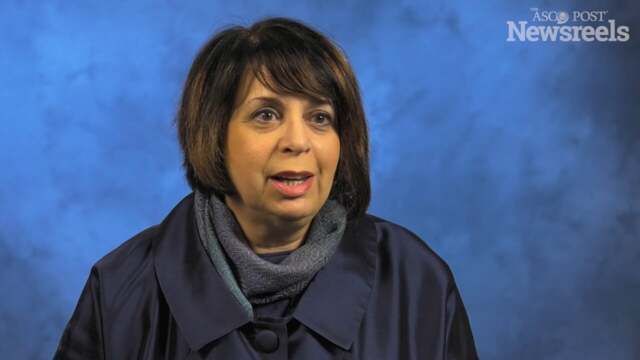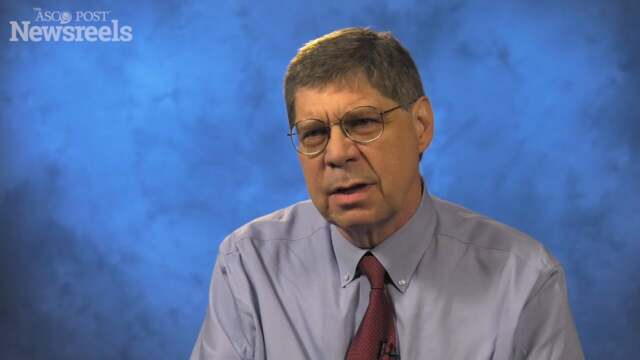Caleb Dulaney, MD, on Breast Cancer: Improving Online Patient Information
2017 Quality Care Symposium
Caleb Dulaney, MD, of the University of Alabama at Birmingham, discusses ways to broaden and improve the quality of information that women with breast cancer find—in English and Spanish—on websites of nationally recognized cancer centers (Abstract 135).
Brian Weiss, MD, of Cincinnati Children’s Hospital Medical Center, discusses a program designed to eliminate errors in chemotherapy use among pediatric patients whose regimens incorporate multiple drugs and rigorous monitoring schedules (Abstract 37).
Greg D. Judy, MD, of UNC Health Care, discusses the contributing factors, and possible fixes, for near-miss and actual safety incidents in patients being treated with radiotherapy.
Nicole Mittmann, PhD, of the Sunnybrook Health Sciences Centre, discusses her study findings on transitioning breast cancer survivors to primary care and the savings in resources and dollars that accrued as a result (Abstract 1).
Diana D. Jeffery, PhD, of the Defense Health Agency, discusses the need to screen for mental health comorbidities, including depression, anxiety, adjustment disorders, substance use disorders, and persistent mental illnesses, as shown in a study of breast and prostate cancer patients (Abstract 18).
John V. Cox, DO, MBA, of the Parkland Health System/UTSW, discusses some of the key presentations at the 2017 Quality Care Symposium (Abstracts 3, 37, 52).
